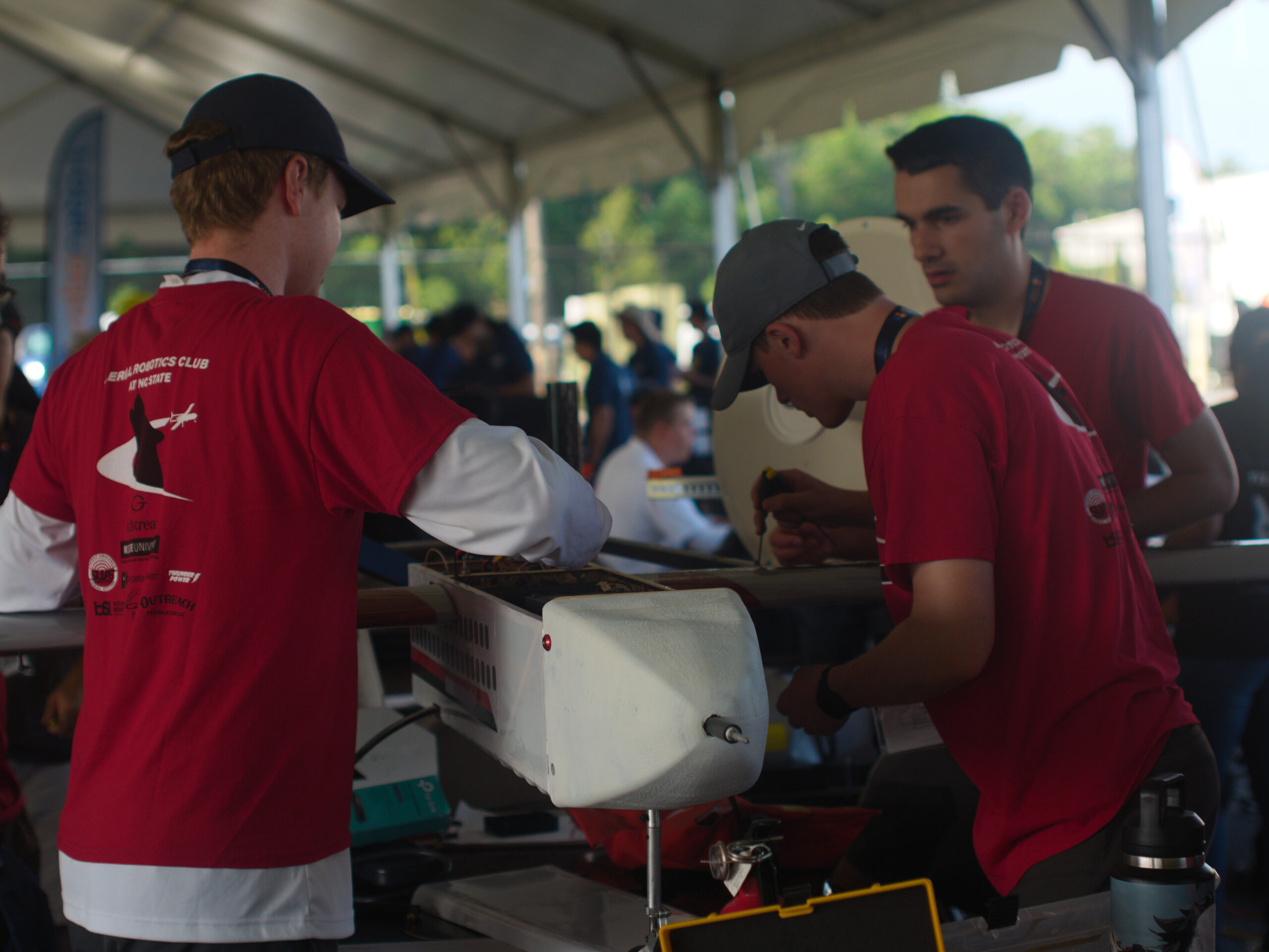Scholars & Fellows Embark on 2021-22 Research Projects
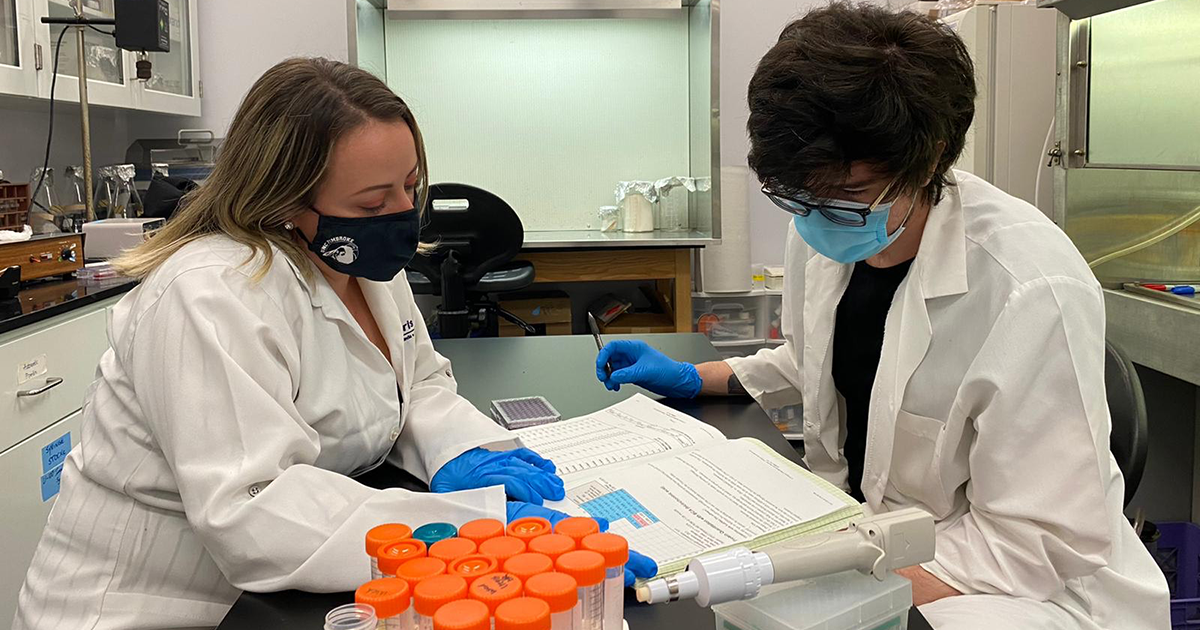
Above: Professor Karen Farizatto (left) and 2021-22 Undergraduate Research Scholarship recipient, Jared Tuton (right), review protein quantification results at the University of North Carolina Pembroke Biotech Research and Training Center (BRTC).
NC Space Grant is excited to announce the recipients of the 2021-22 Undergraduate Research Scholarships and Graduate Research Fellowships. Joining the NC Space Grant family from universities across the state, these students will be involved in research spanning different science, technology, engineering and mathematics (STEM) studies that relate to the aerospace and aviation fields.
“Every year brings a new class of motivated young researchers, who always impress us with their projects,” says Jobi Cook, associate director for NC Space Grant. “These students certainly carry on that tradition and we’re excited to follow along on their projects. We’re happy to be a part of their STEM career journeys.”
Undergraduate Research Scholars

This diverse class of Undergraduate Research Scholars will receive the unique experience of basic or applied research in aerospace-related disciplines. As they forge relationships with mentors from their universities and others in the NASA and aerospace community, students will lay the groundwork to move from their STEM disciplines possibly into careers in space science.
The NC Space Grant Undergraduate Research Scholars for 2021-22 are:
Madyson Barber, University of North Carolina at Chapel Hill, major: astrophysics, minor: computer science, project: Young Exoplanets Vetting and Discovery
Mikayla Dixon, East Carolina University, major: geology, minors: atmospheric science, fine arts, project: Analysis of Water Region in Olivine Minerals from Martian Meteorites by Raman Spectroscopy
Elliot Paul, East Carolina University, major: engineering, minor: mathematics, project: Computational Bone Remodeling Simulation Under Microgravity
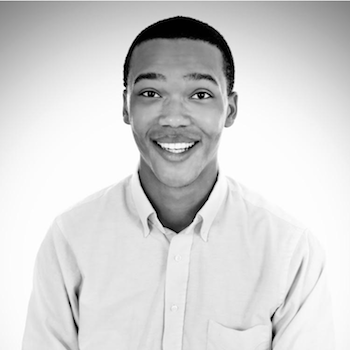
Katherine Foster, East Carolina University, majors: geology, biology, minor: physics, project: Interpreting the Mineral Microstructures of Mariprofundus ferrooxidans O-1 and Mariprofundus erugo P3 as Potential Biosignatures
Jaydan Hush, Appalachian State University, major: physics, minor: mathematics, project: Automation of Laser Tweezer Raman Spectroscopy (LTRS) Three Beam System Telescopes
Caleb Keaveney, North Carolina State University, major: meteorology, minor: applied mathematics, project: Modeling the Longevity of Jupiter’s Great Red Spot Using the EPIC Model
Lane Diesa, North Carolina A&T University, major: agricultural education, minor: agricultural professional service, project: Analysis of Phototropism and Gravitropism in Arabidopsis thaliana: a Ground Control for Spaceflight Experiments
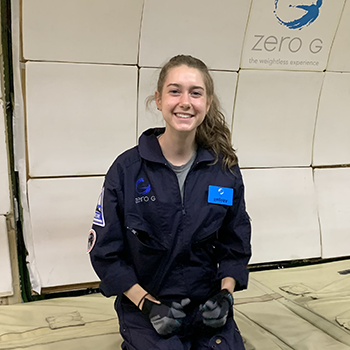
Stephen Schmidt, University of North Carolina at Chapel Hill, major: astrophysics, project: Using Wide Binaries and Gaia Data to Generate a Fit for M Dwarf Parameters
Jared Tuton, University of North Carolina at Pembroke, major: biology, project: Role of Modulating Integrin-Type Adhesion Signaling During Seizure Pathology that Affects Synaptic Integrity and Plasticity
Nia Wilson, East Carolina University, major: engineering, project: An Improved Method for Comparing Existing and Observed Temperature Profiles for Use in Atmospheric Acoustic Propagation Models
Abigail Wucherer, North Carolina State University, major: mechanical engineering, minor: entrepreneurship, project: Modular Kinetic Structural Linkage for CubeSats
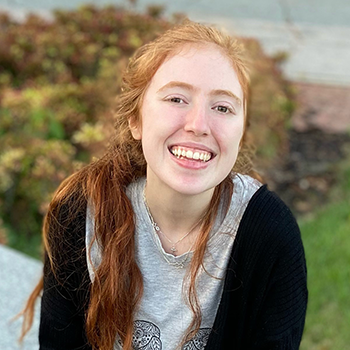
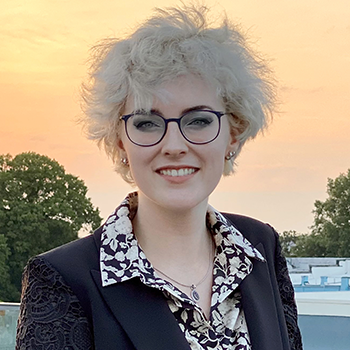
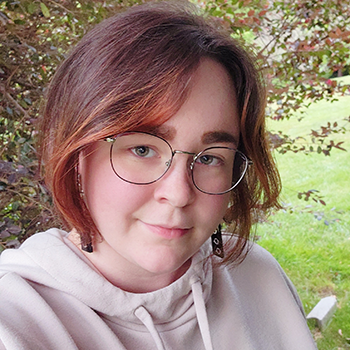
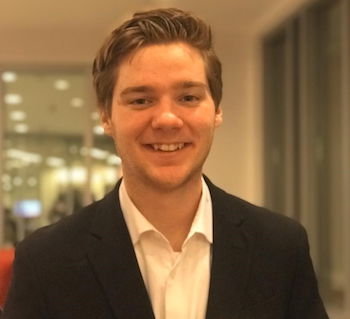
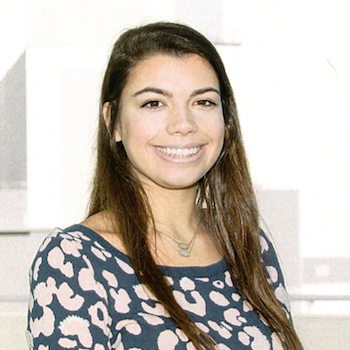
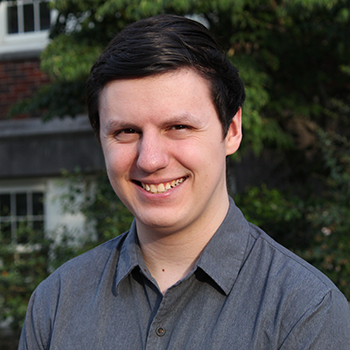
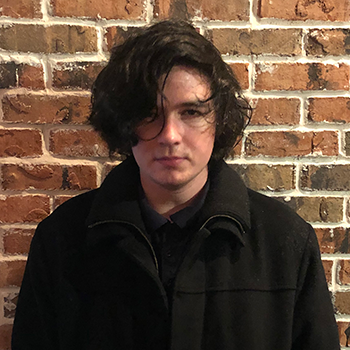
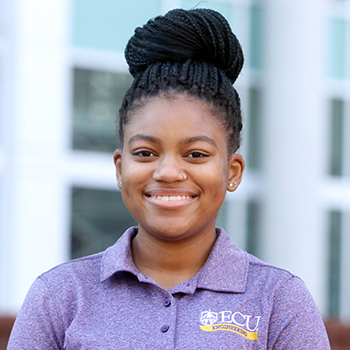
Graduate Research Fellows
The Graduate Research Fellows – in fields of study ranging from physics, chemistry and plant biology, to psychology and mechanical engineering – will be diving into a full spectrum of research topics, from tardigrades to turbulence, from detecting coral bleaching through spectroscopy to cosmic microwaves that may tell the story of the first second of the universe’s existence.
The NC Space Grant Graduate Research Fellows for 2021-22 are:
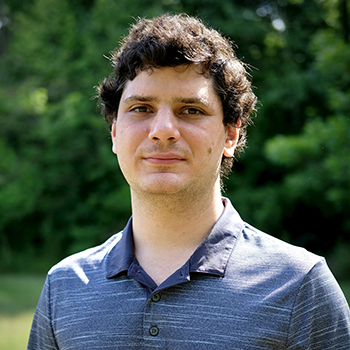
Ashley Blackwell, University of North Carolina at Charlotte, chemistry masters student, project: Early Detection of Coral Bleaching Using Surface-Enhanced Raman Spectroscopy
Matthew Fields, University of North Carolina at Chapel Hill, astrophysics doctoral student, project: Nature vs. Nurture: How Often Do Planets Form Misaligned with Their Host Stars?
Ramses Gonzalez, University of North Carolina at Chapel Hill, physics and astronomy doctoral student, project: Ultra-Cool EvryFlare Survey: The Search for Ultra-Cool Dwarf Superflares in the Evryscope Database
Richard Hollenbach III, Duke University, mechanical engineering doctoral student, project: Investigation of Unsteady Aerodynamics in Turbofan Aircraft and Turbopump Rocket Engines Exhibiting Nonsynchronous Vibrations, Part II
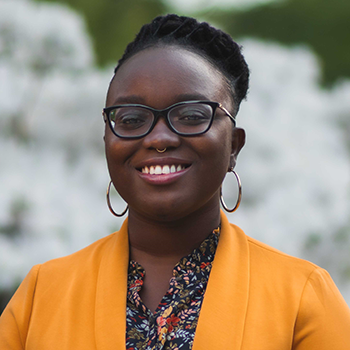
Benjamin Kaiser, University of North Carolina at Chapel Hill, astrophysics doctoral student, project: Ancient Extrasolar Planetesimal Compositions and Cosmological Implications
Jonathan Kizer, North Carolina State University, plant biology doctoral student, project: Investigating the Plant Response to Plasma Activated Water
Reilly Milburn, University of North Carolina at Chapel Hill, physics and astronomy doctoral student, project: Probing Planet Evolution Through Exoplanet Exosphere Detection
Imani Murph, North Carolina State University, psychology doctoral student, project: Training via Diminished Reality: Investigating Methods for Retention and Transfer
Amanda Smythers, University of North Carolina at Chapel Hill, analytical chemistry doctoral student, project: Integrating Proteomics, EPR and Microscopy to Delineate the Role of ROS in Tardigrade Survival
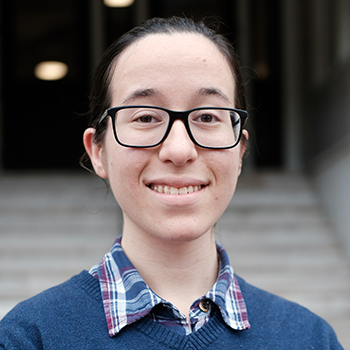
Alexander Sobotka, University of North Carolina at Chapel Hill, physics doctoral student, project: Probing the Expansion History Between BBN and Recombination
Kelyah Spurgeon, North Carolina A&T University, biology masters student, project: Life in Space: Exploring the Evolutionary Co-adaptation of Microbes on the ISS S. mutans in Microgravity
Aurora Toennisson, North Carolina State University, plant and microbial biology doctoral student, project: Auxin Regulation of Plant Tropisms in Simulated Microgravity
A. Turchaninova (AT), University of North Carolina at Chapel Hill, physics doctoral student, project: Using the Cosmic Microwave Background to Probe the Universe’s First Second
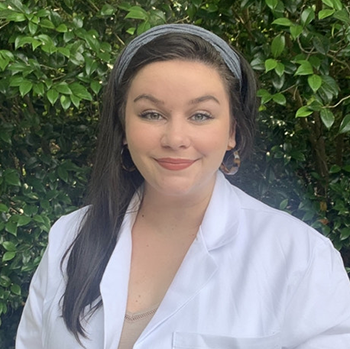
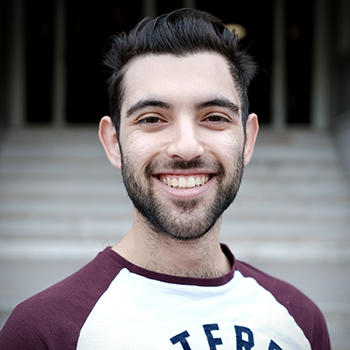
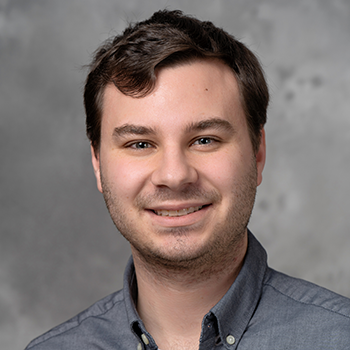
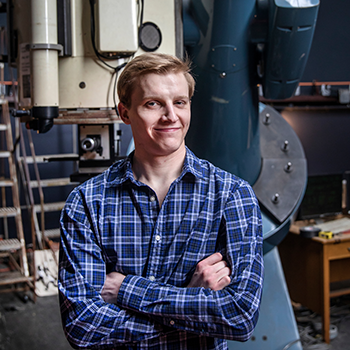
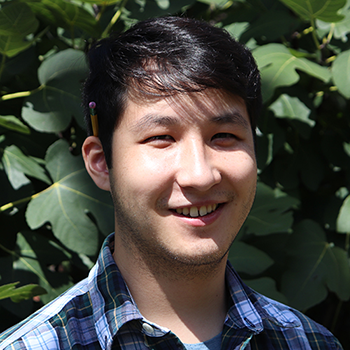
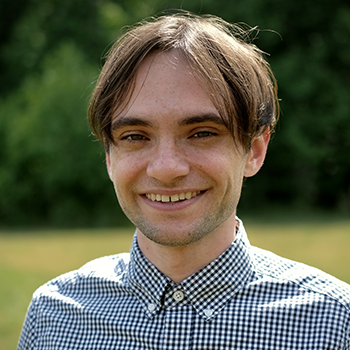
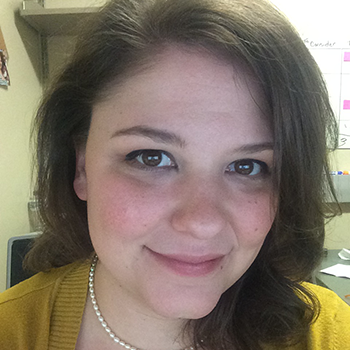
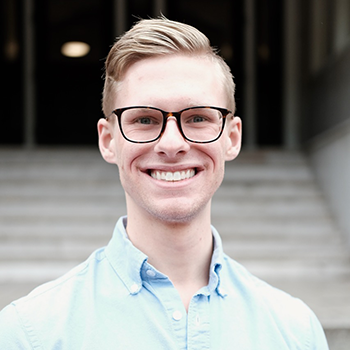
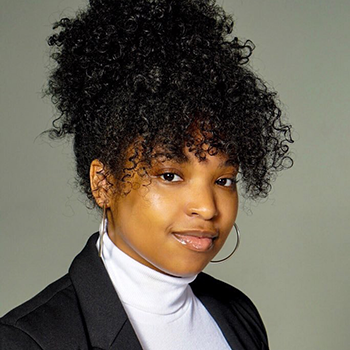
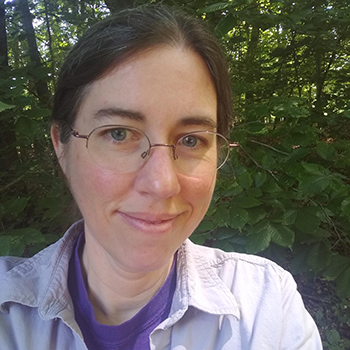
- Categories:

